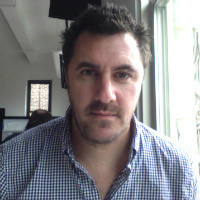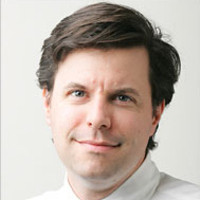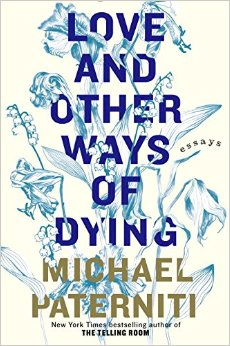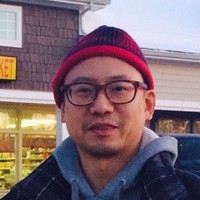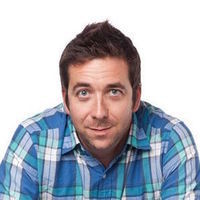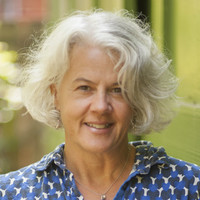Vodka Nation
How the spirit became a billion-dollar business.
Michael Roper, owner of Chicago’s Hopleaf bar and restaurant, recalls what bartending was like in the early seventies. While Smirnoff was considered top shelf, he remembers lesser varieties such as Nikolai, Arrow, Wolfschmidt, and another brand that was then ubiquitous called Mohawk. “Mohawk was cheap, cheap, cheap,” Roper remembers. “Mohawk had a factory just outside Detroit along the expressway and . . . all their products were made there. It’s almost like they turned a switch—whiskey, vodka, gin. And it was all junk.” Still, by 1976, vodka had surpassed bourbon and whiskey as the most popular spirit in America. Roper attributes vodka’s rise partially to women, who started drinking more spirits and ordering them on their own: “Women were not going to like Scotch—that was for cigar-smoking burly men,” he speculates. “And . . . it was unladylike to drink Kentucky whiskey. But it was considered somewhat ladylike to have a fancy cocktail with an olive in it.” He also remembers when a salesman first brought Miller Lite into his bar, explaining “it’s for women.” In a similar vein, Roper considers vodka a low-calorie option with “a less challenging flavor.”
